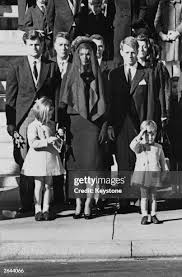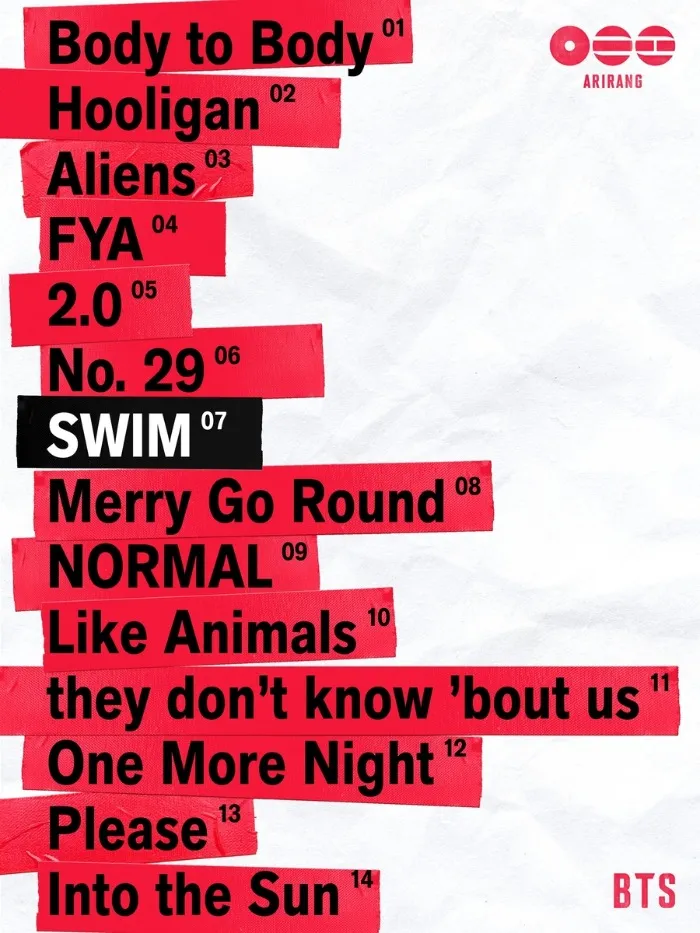
Introduction: The Enduring Fascination with JFK Jr
John Fitzgerald Kennedy Jr., often referred to as JFK Jr., son of President John F. Kennedy and Jacqueline Kennedy Onassis, continues to capture public fascination even decades after his untimely death in 1999. His life, untimely passing, and the ongoing conspiracy theories that surround him keep his legacy alive in American culture. Understanding this interest is crucial as it reflects societal attitudes towards political families, celebrity culture, and the nature of conspiracy theories in the modern age.
JFK Jr’s Legacy
Born on November 25, 1960, JFK Jr was not only the son of a beloved President but also a prominent public figure in his own right. He founded the magazine ‘George,’ dedicated to politics and popular culture, and was strongly associated with causes focused on public policy, especially through his work with the Reaching Up program, aimed at helping disadvantaged youth.
His tragic death in a plane crash, along with his wife Carolyn Bessette Kennedy and her sister Lauren, shocked the nation. As the years went by, JFK Jr’s personality and the myth surrounding his life and legacy began to morph into a subject of fascination and reverence in American culture.
The Rise of Conspiracy Theories
Recently, JFK Jr has become a focal point for various conspiracy theories, particularly among certain political movements. Claims that he faked his death and would return have circulated on social media platforms, gaining traction among various groups. This phenomenon highlights not only the strange allure surrounding the Kennedy family but also reflects the current distrust in institutions and a yearning for alternative narratives that some individuals find more satisfying than established facts.
In the wake of these theories, it is necessary to underscore the responsibility of media and influencers in providing accurate information and the implications of spreading misinformation. The resurgence of JFK Jr-related conspiracy theories seems tied to political tensions and a desire for radical change, echoing a broader skepticism toward the government’s narratives.
Conclusion: The Significance of JFK Jr Today
The continued interest in JFK Jr’s life, combined with the explosive and often conspiratorial interpretations of his legacy, resonates deeply in American discourse. Understanding this cultural phenomenon aids in unpacking why certain figures capture the public’s imagination and how far-fetched narratives can take root in times of uncertainty.
As we move further into the 21st century, it’s crucial to reflect on both the fascinating legacies of public figures like JFK Jr and society’s readiness to embrace or reject conspiracy theories. This intersection of nostalgia, political sentiment, and media influence will likely shape the dialogues around historical figures for years to come.



